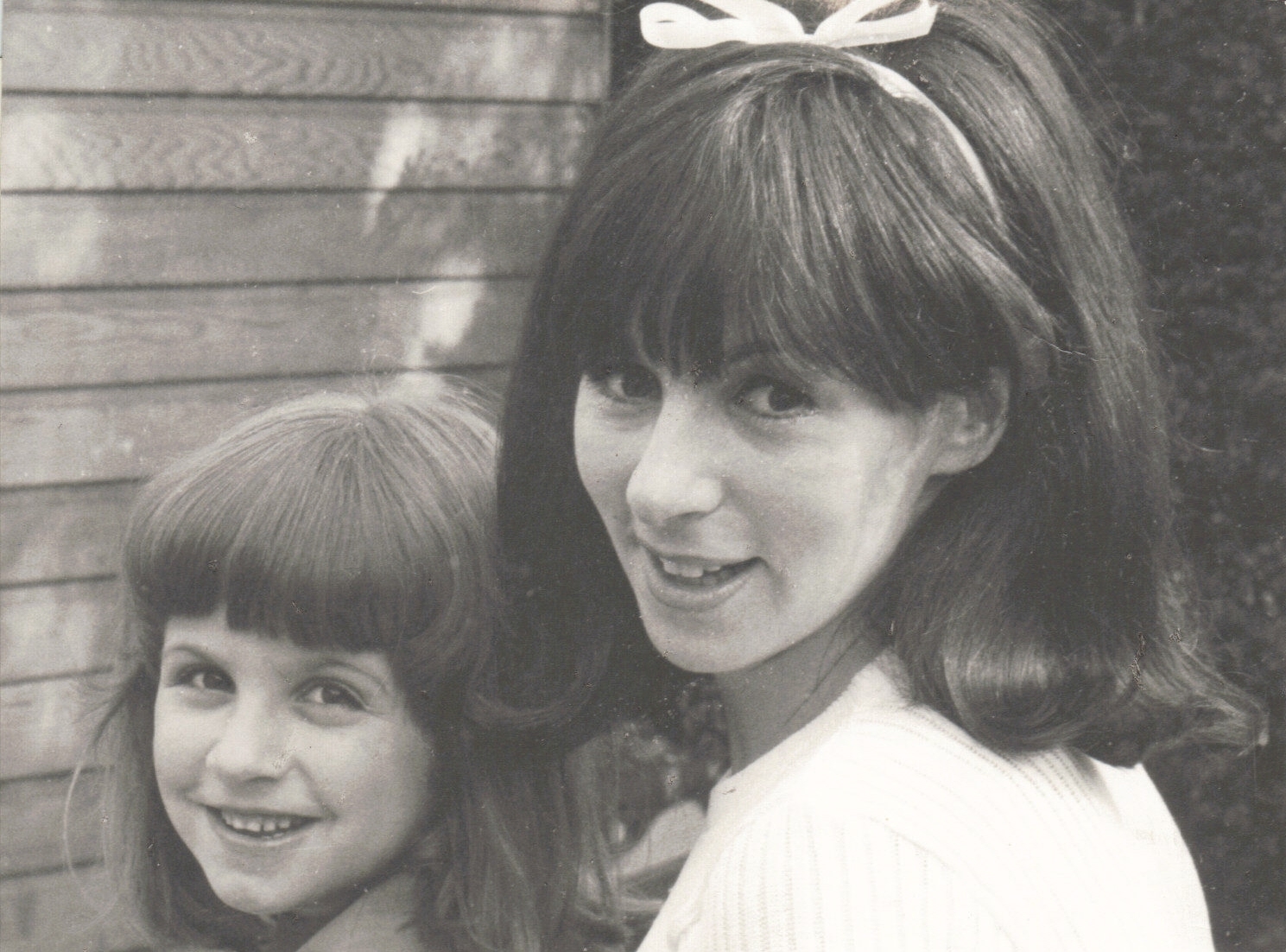Business basics 1
My mate Max is a registered liquidator – but don’t stop reading there….. The nature of small business, Max says, is that they “fight the bush fire” every day. “So I always say to them: what happens when the rubber band runs out? The key to your business growth is working ON your business rather than simply in it.” The businesses that come to Max(voluntarily or otherwise) have usually ignored four important considerations:
Ask for help
“It can be a lonely world for small business owners,” says Max. “While there’s lots of help available for start-ups, once they are under way the owners tend to seek less help. They’re wary of giving the impression they can’t manage, especially if they’ve mortgaged the family home to get the working capital. And when you suggest that they need professional advisors or mentors, they say they can’t afford it, when in reality they can’t afford to do without it.”
Be organised
Right from the start, Max says, get some software that is easy to operate, because you need a decent set of monthly figures. You need to be able to see realistically how you are doing, whether it’s your cash position or the number of returns. Another essential is well-organised administrative processes and systems. As Max says, “Not only will this make your business run better now but it will simplify the due diligence process when you’re ready to sell.”
Cash is king
Follow the money, says Max. Part of the culture of small business, he warns, is to “borrow” from their VAT or tax obligations during hard times or between tax payments and think that they can catch up later. It’s a dangerous strategy, he counsels, as is simply assuming that a burgeoning customer list means you are doing well. “Look at your bad payers,” he advises, “they’re costing you money. Why would you subsidise them?”
The other real risk for small companies is working for much larger corporations whose “standard” payment terms can be simply untenable for a small operation. While the contracts with larger firms may be key to helping you grow, the hit to your cash flow can tip you over the edge. You need a balanced portfolio of clients where you can manage the cash flow so that it flows rather than hiccups….
The old saw of “failing to plan is planning to fail”
Max says it may be a cliche hence often dismissed by small business owners who rely on ‘something will turn up’, but undoubtedly the vast majority of companies seeking Max’s help to reconstruct or, sadly, to liquidate their business have not planned properly. Or they may have had a great start-up plan but don’t adapt it to years two and three and become complacent. Max says that in his experience many more businesses fail when they try to expand – not at the start-up stage where many are expected to have difficulties and therefore receive – and seek – more support. “The worst thing for a start-up,” Max says, “can be a great first year.” Slow but steady frowth is often a better motivator to keep the business owner on track with a plan and in touch with key advisers.
Max explains that by helping companies view their business objectively they can identify the true weak points of the operation. “I’ve had people come and ask me to sell their business,” he says, “when really all they want is some fresh thinking. Once we do the analysis and show them what happens when you start to improve sales, profitability and increase the value per order, we often find the request to sell goes away. They enjoy their business again, can see the potential and want to stick with it after all they have put in.”
John Paul Getty famously said, “Formula for success: rise early, work hard, strike oil.” It doesn’t happen that way for everyone. Business reconstruction techniques can be the key to ensuring you never get to hear what my mate Max knows about liquidation.
 Tel 07876 228 254
Tel 07876 228 254

